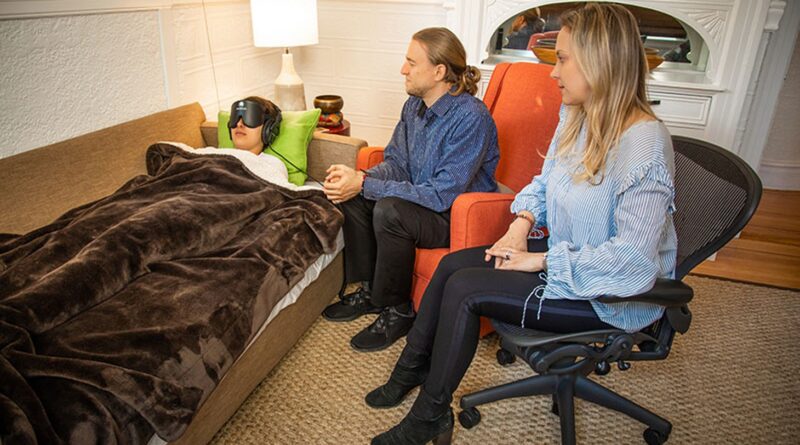Psilocybin-Facilitated Smoking Cessation Treatment
[Please note that this page contains affiliate links. If you choose to purchase after clicking a link, I may receive a commission at no extra cost to you.]
With the integration of cognitive behaviour therapy along with a monitored and controlled use of psilocybin therapy as a smoking cessation at Johns Hopkins University to help lifetime smokers who’ve failed many times to quit smoking.
Psilocybin is the active ingredient in magic mushrooms.
Researchers found that the abstinence rate for patients after six months of this smoking cessation treatment was 80%, which is far higher than any form of smoking cessation.
The most successful smoking cessation drug is varenicline, and in its best trials, it had a success rate of 35% after six months.
Psilocybin-Facilitated Smoking Cessation Treatment
Nicotine replacements and various behaviour therapies also help quit smoking but have a success rate under 30%.
Scientists stress that psilocybin therapy is not by any means an endorsement to purchase psilocybin illegally and to self-administer it to quit smoking as it will not work.
Instead, you need the cognitive behaviour therapy component being done by a doctor, says a report published in the Journal of Psychopharmacology.
Scientists found that psilocybin works beyond just a biological reaction that affects nicotine receptors you would see with prescription drugs.
Psilocybin therapy, when administered in a proper setting and therapeutic atmosphere the psilocybin makes the patient go into deep introspection to find motivation deep within to quit smoking.
Psilocybin therapy works by combining your conscious mind with your unconscious mind to help you consciously resolve whatever is unconsciously or subconsciously holding you back.
Psilocybin Smoking Cessation Study
Psilocybin as a treatment study was composed of five women and ten men, all physically and mentally healthy.
The average age of the study participants was 51, they smoked for an average of 31 years at a rate of 19 cigarettes a day, and all have tried multiple attempts to quit.
Five of the subjects have never used a psychedelic before, and the other ten has had minimal psychedelic experiences throughout their lives.
The scientists informed subjects of the effects they may experience under psilocybin therapy, and their first dose will be administered for the day they decide to quit smoking.
Two more sessions, two weeks and eight weeks later, the patients will be given a higher dose of psilocybin.
Two research team members monitored patients during each psilocybin smoking cessation treatment, and each lasted for up to seven hours in a comfortable, home-like setting.
Patients often would wear eyeshades and put on headphones to listen to music as they were being encouraged to focus and relax through deep introspection.
Psilocybin was given to patients as a cognitive behaviour therapy program for smoking cessation that also involved learning techniques like keeping a daily journal to assess why and when cravings occur and weekly one-on-one counselling.
Scientists from Johns Hopkins suggest that psilocybin breaks the pattern of addiction formed from the behaviours and thoughts ingrained from decades of smoking.
The benefits of psilocybin for smoking cessation last a long time after the psychedelic has worn off.
John Hopkin’s following smoking cessation study will compare smoking cessation rates for people who take psilocybin to those who use nicotine patches. In addition, researchers will use MRI scans to look at the brain activity in patients.


